At the genesis of a plant’s life, vulnerability reigns supreme. A sudden downpour, an unexpected frost, or relentless sun can spell disaster for tender seedlings. Farm tarps, the diverse tools provide a protective shield against the caprices of weather. By draping tarps over seedbeds or rows, farmers mitigate risks, ensuring optimal conditions for germination and early growth. These sturdy sheets act as barriers, buffering plants from harsh winds, excessive moisture, or scorching heat, thereby nurturing healthy crops from infancy to maturity.
How do Tarps Enhance Farming Efficiency?
Efficiency lies at the heart of modern agriculture, where maximizing output while minimizing inputs is paramount to sustainable farming practices. Custom canvas tarps, with their diverse applications, play a crucial role in enhancing farming efficiency across various stages of cultivation:
During the preparation phase, custom tarps online aid in soil sterilization through solarization, harnessing the power of the sun to eradicate weeds, pests, and pathogens without the need for chemical inputs.
Once crops are planted, tarps facilitate precision agriculture by regulating environmental variables such as moisture, temperature, and light exposure, optimizing conditions for optimal growth and yield.
In post-harvest operations, tarps serve as indispensable tools for crop protection during storage and transportation, preserving quality and minimizing losses due to spoilage or damage.
8 Ways in Which Tarps Maximize Your Agriculture Output
- Shielding Crops: For Optimal Growth
Nature can wreak havoc on delicate crops, threatening to undo months of painstaking cultivation in a matter of minutes. Hay tarps emerge as stalwart guardians, offering a protective shield against the wrath of weather. Whether it’s shielding tender seedlings from frost, providing shade during scorching summers, or safeguarding crops from heavy rains and hailstorms, farm tarps serve as the first line of defense, mitigating risks and ensuring the survival of precious harvests. By draping tarps over fields or individual plants, farmers create microclimates conducive to optimal growth, thereby minimizing crop loss and maximizing productivity.
- Moisture-Retentive Tarps: Optimizing Soil Moisture
In plant growth, moisture plays a pivotal role, dictating crop health and vigor. Tarps emerge as invaluable tools for optimizing soil moisture, preserving precious water resources, and fostering healthy root development. Through the strategic use of moisture-retentive tarps, farmers create a barrier that reduces evaporation, minimizes water runoff, and maintains consistent soil moisture levels. This not only ensures adequate hydration for crops but also minimizes the need for frequent irrigation, saving both water and labor while promoting sustainable farming practices.
- Greenhouse Covers: Best Controlled Environment
In the pursuit of year-round cultivation and premium-quality produce, farmers turn to greenhouse covers to create controlled environments conducive to plant growth. Custom tarps, with their versatility and affordability, serve as the go-to choice for greenhouse construction, providing an effective barrier against external elements while allowing sunlight to penetrate and nurture plants.
Whether it’s extending the growing season in colder climates, protecting crops from pests and diseases, or regulating temperature and humidity levels, greenhouse tarps offer a customizable solution tailored to the specific needs of different crops and growing conditions.
- Maximizing Yields: Improve Crop Quality
The farmer’s endeavor is the quest for maximum yields, ensuring a bountiful harvest to feed a growing population. Custom vinyl tarps, with their transformative impact on farming practices, contribute significantly to this pursuit by creating optimal growing conditions, minimizing risks, and maximizing the potential of every crop.
Whether it’s through protecting fragile seedlings, conserving soil moisture, or providing shelter from adverse weather, tarps enable farmers to overcome challenges and unlock the full genetic potential of their crops. By harnessing the power of heavy-duty custom tarps, farmers can achieve higher yields, improve crop quality, and cultivate sustainable agricultural systems that nourish both people and the planet.
- Innovative Cultivation Practices: Solarization
In innovative cultivation practices, tarps take center stage, facilitating techniques that optimize yield and quality. One such method is solarization, a process where hay tarps are employed to harness solar energy for weed control and soil sterilization. By covering moist soil with clear plastic tarps, farmers create a greenhouse effect that heats the soil, effectively eradicating pests, pathogens, and weed seeds. This eco-friendly approach minimizes the need for chemical inputs, promoting sustainable agriculture while enhancing soil health.
- Precision Agriculture: Control Your Yield
Precision agriculture (PA) is the science of improving crop yields and assisting management decisions using high technology sensor and analysis tools. In an era defined by precision agriculture, where data-driven decisions reign supreme, Canvas tarps emerge as essential tools for optimizing resource utilization. Through the strategic deployment of tarps, farmers exercise precise control over moisture levels, temperature, and light exposure, fine-tuning environmental variables to meet the specific needs of different crops. Whether it’s regulating soil moisture with moisture-retentive tarps or moderating temperature fluctuations with shade cloths, precision agriculture leverages tarps to maximize productivity while minimizing resource wastage, fostering efficiency and sustainability in farming practices.
- Crop Protection: Shield Your Produce
Beyond the realm of cultivation, Custom tarps play a pivotal role in safeguarding harvested crops during storage and transportation. Grain tarps, for instance, provide a robust barrier against moisture, pests, and contaminants, preserving the quality and integrity of stored grains. Similarly, fruit and vegetable growers utilize tarps to shield delicate produce from bruising, spoilage, and exposure to ethylene gas, extending shelf life and maintaining freshness from farm to table. In the context of organic farming, where chemical pesticides are eschewed in favor of natural alternatives, tarps serve as a non-toxic solution for pest management, employing physical barriers to deter unwanted intruders while preserving the ecological balance of the ecosystem.
- Water Management: Minimize Wastage
Water, the elixir of life, assumes paramount importance in agriculture, where its efficient utilization can make or break a harvest. Mesh tarps emerge as indispensable allies in water management, offering innovative solutions for irrigation, rainwater harvesting, and moisture retention. In regions plagued by water scarcity, drip irrigation systems augmented with moisture-retentive tarps enable precise water delivery directly to the root zone, minimizing wastage and maximizing efficiency. Furthermore, rainwater harvesting tarps, strategically positioned to capture and channel rainfall, provide a sustainable source of irrigation for parched fields, reducing reliance on dwindling freshwater reserves and mitigating the impact of droughts.
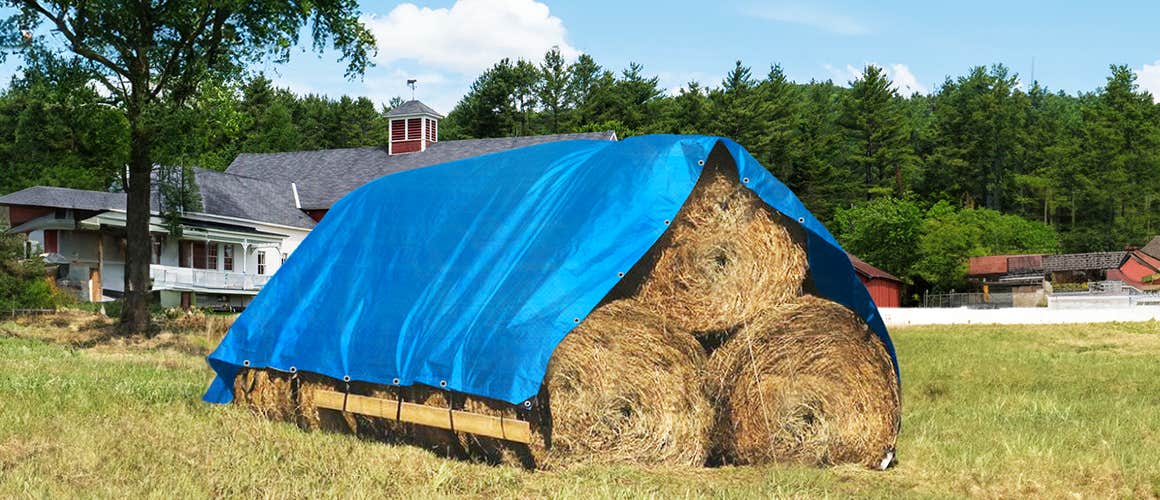
In the ever-evolving landscape of agriculture, where challenges abound and solutions are sought, tarps emerge as invaluable allies in the quest for sustainability and food security. From shielding crops against the elements to optimizing soil moisture and serving as greenhouse covers, tarps offer a versatile toolkit for farmers to overcome obstacles, enhance efficiency, and maximize yields. As we look towards a future shaped by climate change and growing population pressures, the role of waterproof tarps in revolutionizing agriculture cannot be overstated. By embracing innovation, harnessing technology, and leveraging the inherent resilience of tarps, farmers can cultivate a brighter future for generations to come.


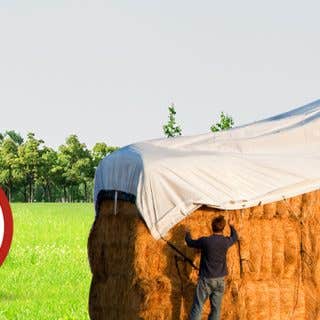



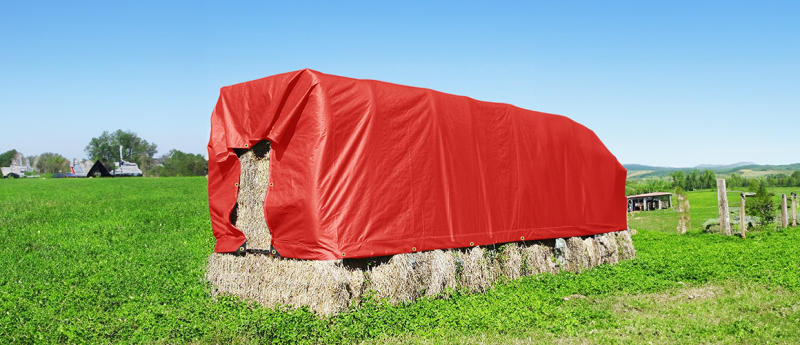
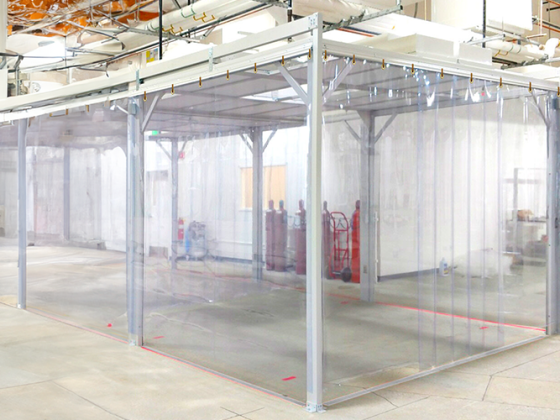
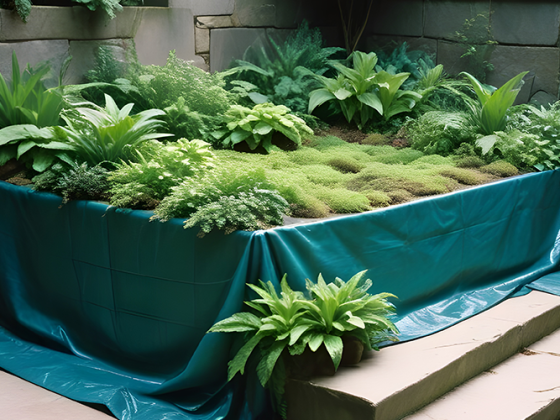
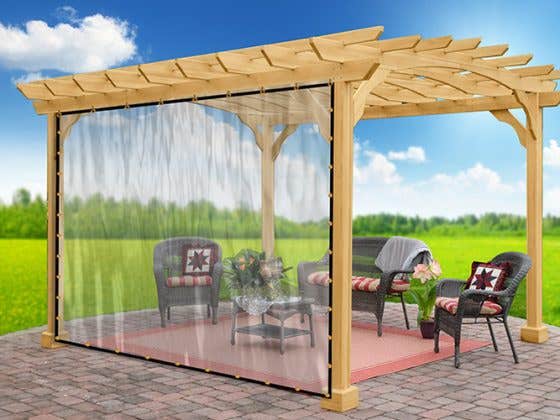
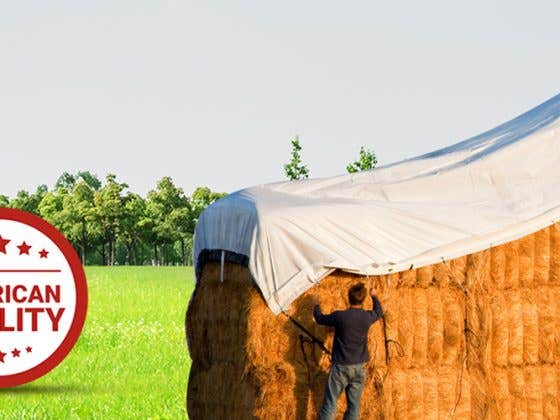
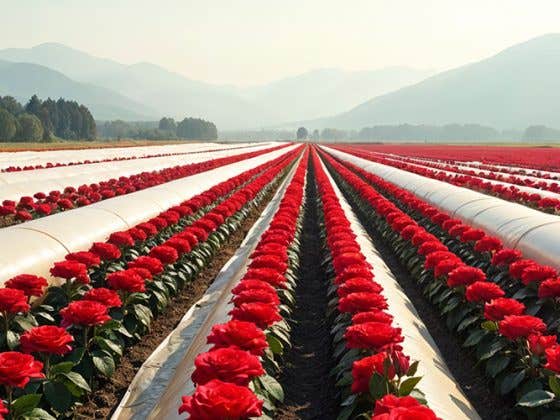
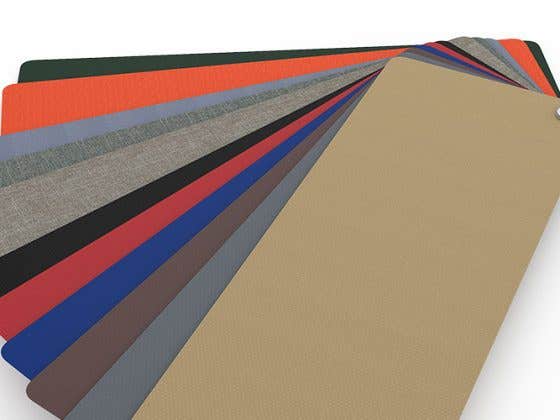
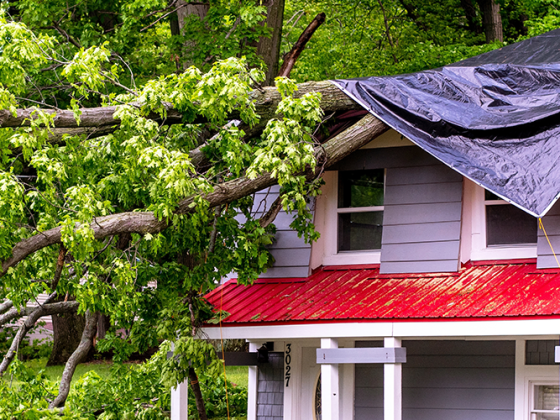
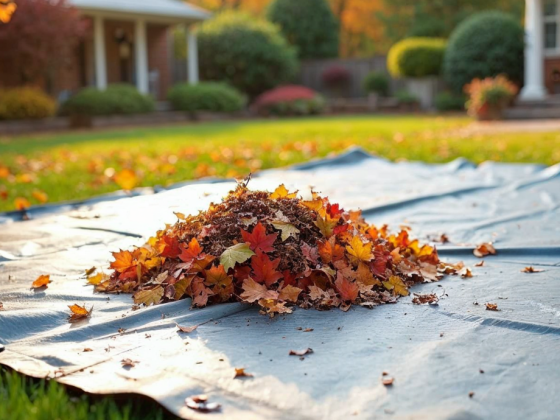


Recent Comments